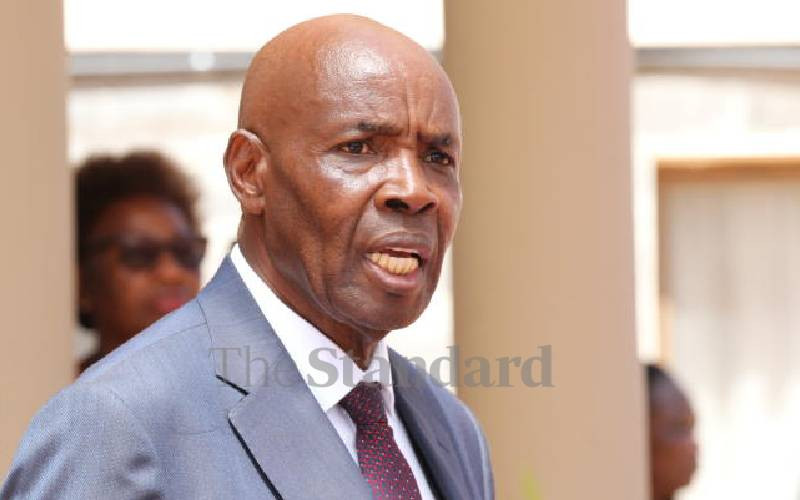×
The Standard e-Paper
Kenya’s Boldest Voice

The inordinate focus on the Kenya Certificate of Secondary Education (KCSE) exams is reflective of the premium that Kenyans place on learning.
To the indigent, education is a route out of poverty. To the well-heeled, it is a means of maintaining social status. Thus, the KCSE exams, being the penultimate tests, are thought to either uplift candidates from poverty or influence the vicissitudes of their fortunes.